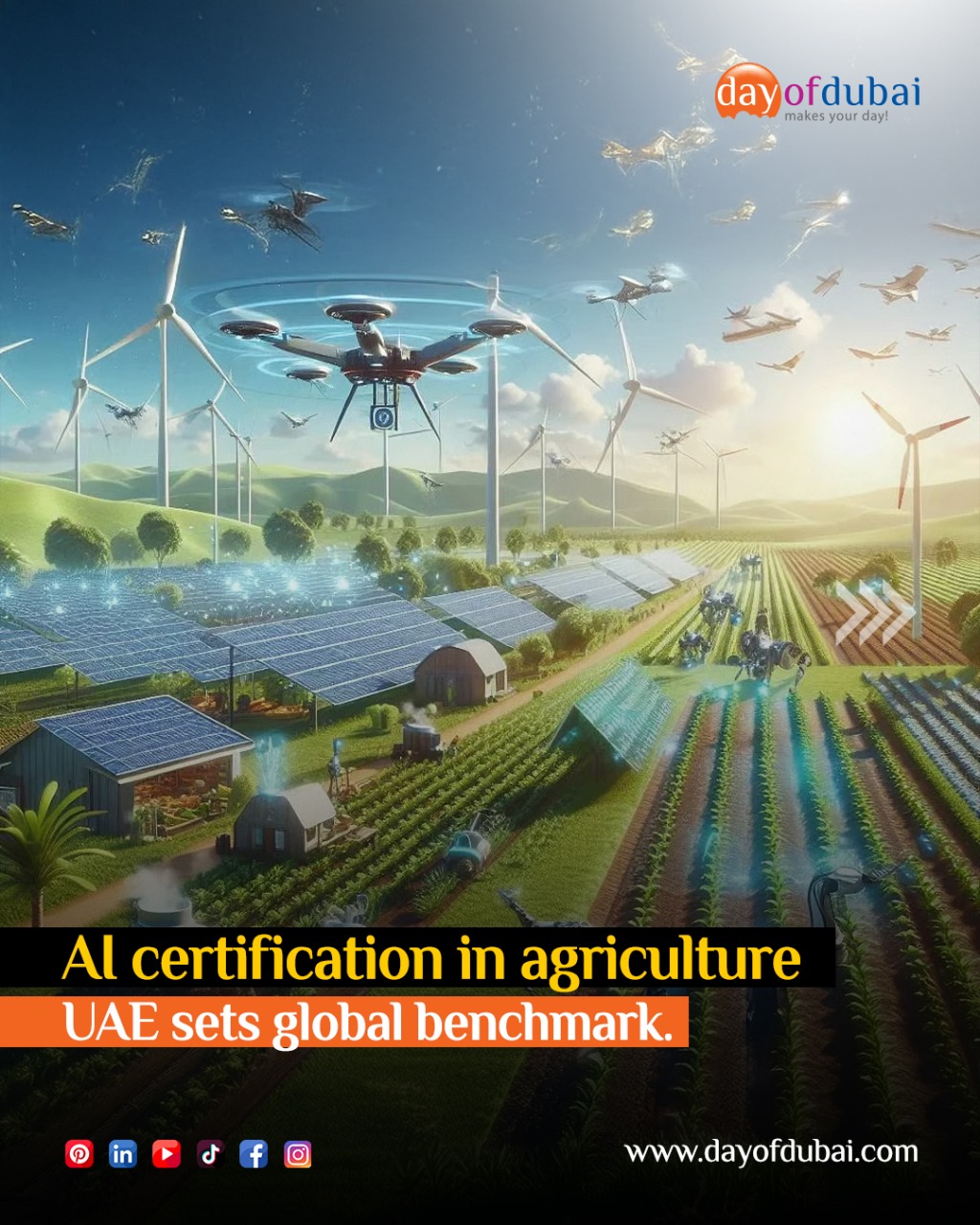
Technology & Innovation
UAE Sets Global Benchmark with AI Certification in Agriculture
The Abu Dhabi Agriculture and Food Safety Authority (ADAFSA) has made history by becoming the first organization in the global agriculture and food safety sector to earn the ISO 42001:2023 certification for Artificial Intelligence Management Systems. This landmark achievement also represents the first time a UAE government body has received this international AI certification, underscoring the nation's leadership in responsible AI adoption and standardization.
The certification positions the UAE as a pioneer in setting global benchmarks for AI governance and best practices, especially in vital sectors such as agriculture and food security.
UAE's AI Strategy Strengthens Agriculture
Omar Sultan Al Olama, UAE Minister of State for Artificial Intelligence, Digital Economy, and Remote Work Applications, praised the accomplishment, emphasizing that it aligns with the country’s broader AI strategy aimed at enhancing sector-wide efficiency and sustainability.
“This milestone reinforces the UAE’s role in developing responsible AI practices and demonstrates how artificial intelligence can elevate the productivity, resilience, and sustainability of the agriculture and food industries,” said Al Olama.
Transformative Impact of AI in Agriculture
ADAFSA’s certification highlights how AI technologies are revolutionizing every stage of the agricultural and food production chain. From climate-resilient crops to precision farming, AI is driving innovation and sustainability in the region.
Seven Key Applications of AI in Agriculture:
-
Monitoring Crop and Soil Health
Drones analyze aerial images to monitor crop vitality and soil conditions in real time.
-
Pest and Disease Detection
AI models detect pest infestations and plant diseases early, enabling swift responses to prevent damage.
-
Livestock Health Monitoring
Wearable sensors track animal health, offering early alerts for potential illnesses.
-
Smart Pesticide Spraying
Computer vision enables pesticide application only where necessary, minimizing chemical usage.
-
Automated Weed Removal
Robots use AI to identify and eliminate weeds, reducing manual labor and herbicide dependency.
-
Aerial Surveying and Imaging
Remote sensing systems provide high-resolution field maps showing crop health and moisture levels.
-
Product Sorting and Grading
AI-powered systems assess agricultural products by size and quality, reducing waste and ensuring market readiness.
A Model for Global Agriculture
This certification sets a precedent for how AI can be responsibly integrated into agriculture to tackle global challenges such as food security, climate resilience, and sustainable resource management. It also opens the door for more government bodies and private sector stakeholders to follow the UAE’s lead in adopting AI responsibly and strategically.